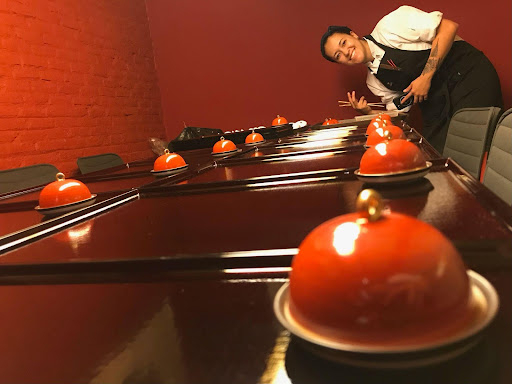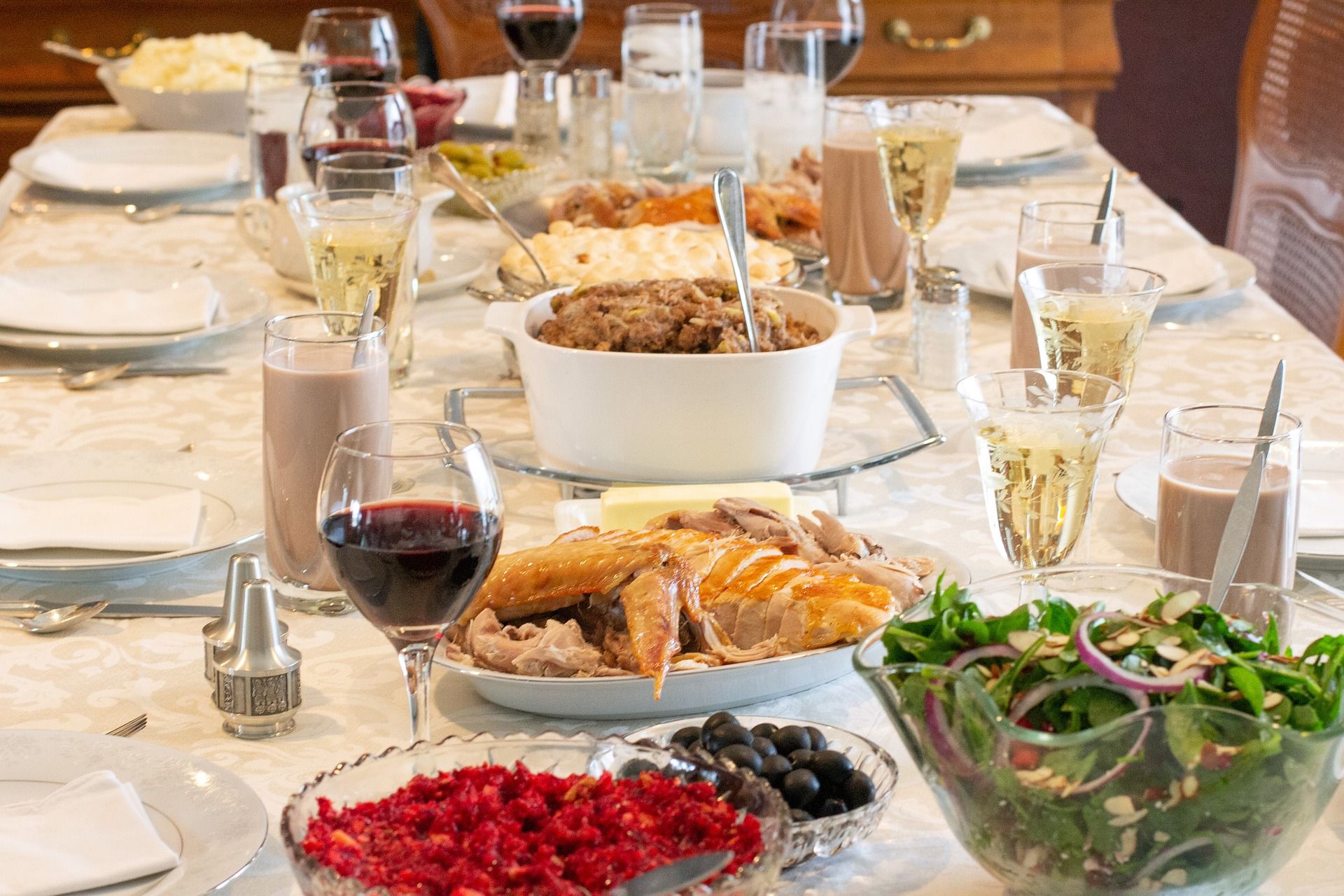One of the biggest problems facing the global food industry is how to fix the current food shortage and ensure that production will be more sustainable in the future. A Colombian chef is thinking outside the box by turning the leftover grain from breweries into a food business that could be worth $1 billion.
Professional chef Mariana Lopera is a Michelin restaurant-trained chef and the owner of La Graciela Café. She also founded Circular Foods, a company that makes flour and other products from discarded grains from breweries. She is on a mission to change how people think about leftovers in a country where nearly a third of the population lives in poverty, and food waste is a major issue.
Circular Foods uses a process called “upcycling” to make new sources of protein and fiber that don’t use up the earth’s resources or take up more land. This could be a big step toward a solution that is good for the environment and people.
By repurposing brewers’ spent grains from the beer industry, the company creates ingredients high in protein and fiber while preserving the delicate aromatic nuances of beer. These can be incorporated into a wide range of foods and snacks, including traditional baked goods.
It all started during a trip to Medellin
Lopera got the idea for the company while visiting Medellin to learn about the beer-making process. “I was astounded by the amount of grain wasted by the brewery, so I decided to take action,” she explained.
Colombia has seen a steady increase in the number of craft beer breweries over the last few years, and there are now more than 250. According to the United Nations Food and Agriculture Organization, global beer production is estimated to be 113,654,000,000 metric tons annually, with spent grain accounting for 85% of the waste. The resulting organic waste is significant.
On the other hand, businesses can build a more circular economy and make their industry more sustainable by making products from this waste. There was a huge window of opportunity to educate the public and meet this demand.
Mariana focused on making this safe for human consumption, considering that used grain was simply a refined form of bran. She sent a sample of the spent grain to a laboratory for analysis. It was discovered safe for human consumption and extremely high in protein and nutrient-dense, making it a superfood.
The company has grown rapidly since then and now has a network of breweries supplying it with discarded grain. Mariana went on to make pasta, breadcrumbs, arepas, tortillas, bread, cookies, pralines, and granola from the collected grain.
Concurso Capital Semilla-approved
In 2020, Mariana entered her Circular Foods in the Colombian national competition, Concurso Capital Semilla. This government-sponsored competition awards financial grants to Colombia’s most innovative businesses. Circular Foods won the competition because of how well it helps people and the environment.
“The purpose of the grant was to give me the money I needed to keep doing my research. This was a huge confirmation for me. I knew what I was doing was important, but winning this award and receiving recognition from the government of my homeland boosted my confidence to new heights,” she explained.
Looking ahead
The rise of social media is assisting the spent grain superfood industry. People are spreading the word about the benefits as they share photos and reviews of their favorites on their feeds. As a result, more people are trying them, and the demand is growing.
Analysts believe that the spent grain superfood industry will continue to grow in the coming year due to all of these factors. This expansion will lead to the development of new and innovative products, as well as more sustainable and healthy snacking options for consumers.
Lopera added that her ultimate goal is to change people’s perceptions of food waste and show that it can be used for good. “I want to show the world that what is discarded can be transformed into something useful.”
With the world’s population growing and resources becoming scarcer, ideas like Mariana Lopera’s Circular Foods have the potential to be highly profitable while also bringing about positive change in the world.







